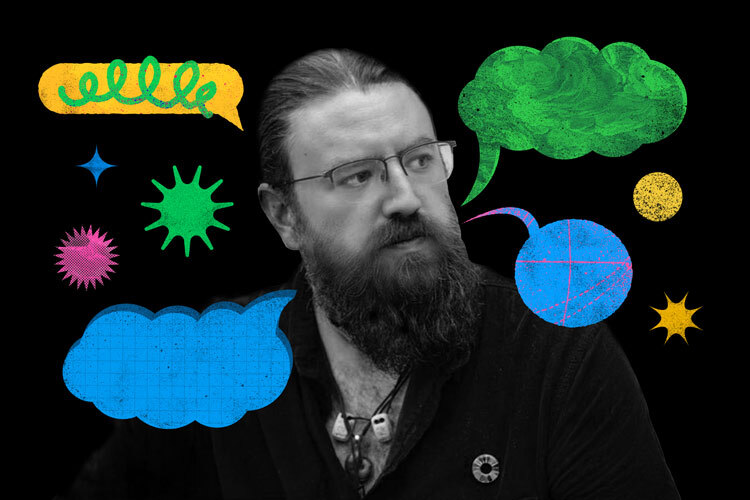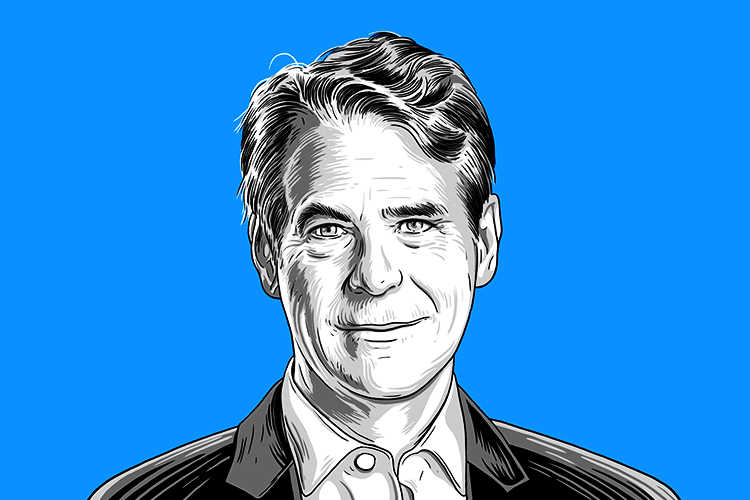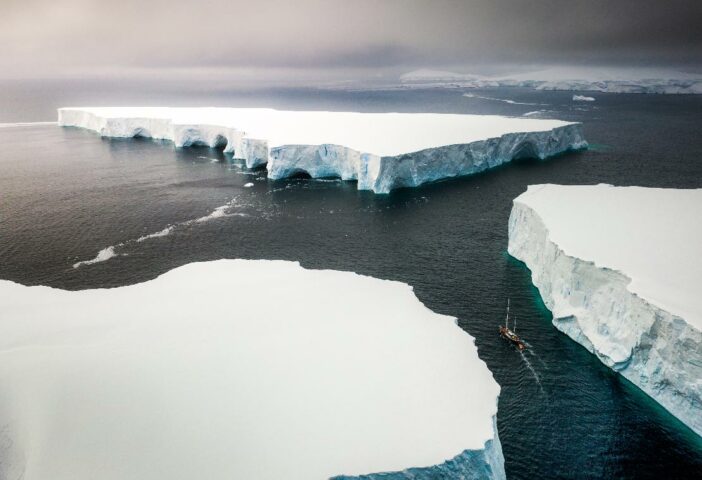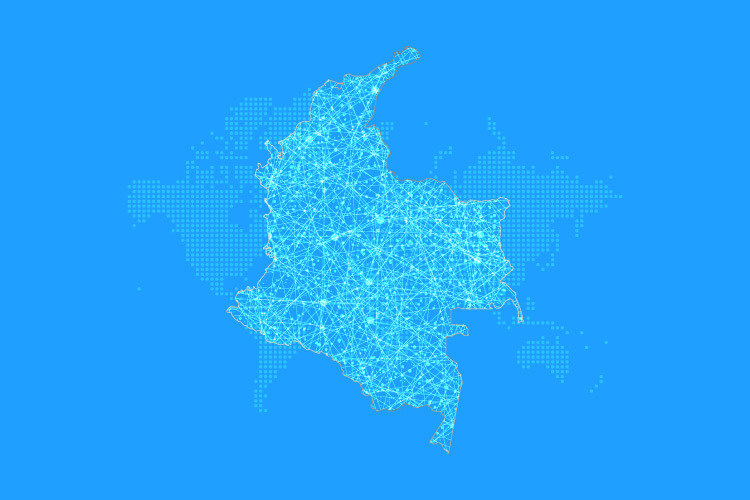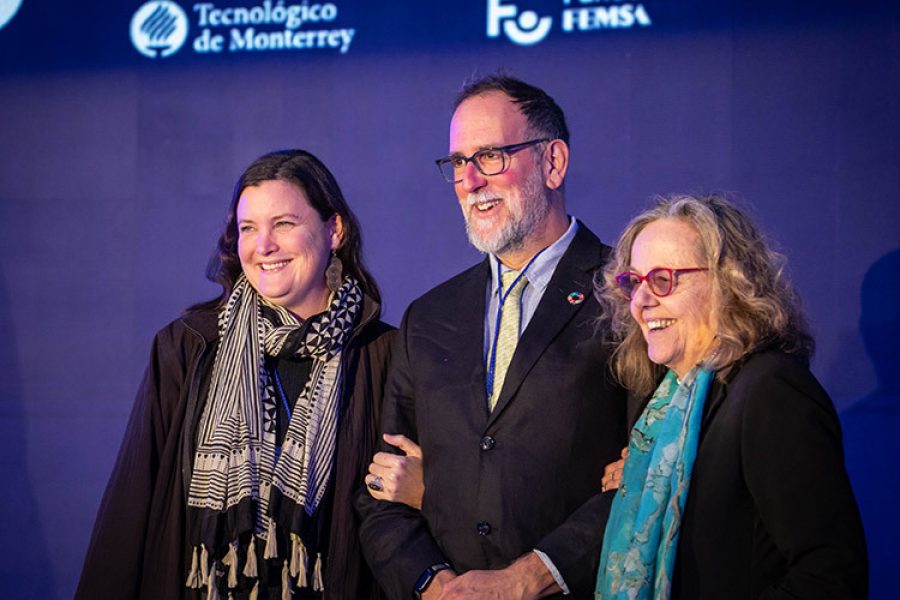In a world that is literally burning, it’s inevitable to raise the uncomfortable question: have the last thirty years of COP negotiations been a waste of time? Acknowledging this is the first step toward admitting that we need a change of course, of leadership, and of vision.
This year marks a decade since the Paris Agreement — that pact once celebrated as the great turning point in the fight against climate change. Ten years later, the evidence shows that it has failed to stop, let alone reverse, the dangerous destabilization of the climate system, which worsens day by day.
At the same time, this year’s “Conference of the Parties” (COP30) marks more than three decades since its creation under the United Nations Framework Convention on Climate Change (UNFCCC): thirty years of summits, solemn declarations, and commitments that, while keeping international dialogue alive, have rarely translated into real action.
Although international collaboration has stayed afloat, the COP risks turning into a yearly ritual — a predictable event that many follow as if it were the “Climate Oscars” — instead of serving as the urgent space to mobilize a global response to humanity’s greatest existential threat. Three decades after its creation, the balance is undeniable: we still haven’t solved the essentials. And the question is: should we continue to trust the United Nations’ multilateral process?
Against the target set in 2015 to “keep the temperature well below 2 degrees Celsius,” today the average global temperature increase has already surpassed, in 2024, the 1.5 °C threshold above preindustrial levels, according to Copernicus Observatory data. Projections from the United Nations Environment Programme’s Emissions Gap Report are equally blunt. Given the current performance of governments, we are on track to warm between 2.6 and 3.1 °C by the end of the century. This means a world that will suffer catastrophic climate impacts worldwide.
With this, we must begin to recognize that the central goal of the Paris Agreement has ultimately failed — the treaty that, in 2015, sought to correct the failure of the Kyoto Protocol. Likewise, this also seals the failure of the UNFCCC’s very mission: to prevent dangerous interference with the climate system.
Denialism on the Rise; Planet at Risk
The exhaustion of the multilateral process and the lack of solid results at the COPs have been exploited by far-right movements, which have turned public distrust into a political tool. Leaders such as Donald Trump (U.S.), Javier Milei (Argentina), and formerly Jair Bolsonaro (Brazil), among other climate denialists, have openly attacked the United Nations Framework Convention on Climate Change, portraying it as a mechanism of global control, a threat to national sovereignty, or a “green” conspiracy against economic development.
These narratives not only reject scientific evidence and trivialize the climate crisis but also feed an anti-globalist discourse hostile to international cooperation, undermining the very foundations of climate governance. In this context, every failure or stalemate at the COP ultimately strengthens those who seek to dismantle any form of collective action in the face of a planetary emergency.
On the other end of the political spectrum, among those defending climate action, criticism has also intensified. It no longer focuses only on unfulfilled commitments, empty promises, or the recurring hope that “the next COP” will fix the failures of the previous ones. The more moderate questioning now highlights the viability of the format itself: conferences that are increasingly large, expensive, and bureaucratic, where negotiations become bogged down in their own complexity and crucial decisions are repeatedly postponed year after year.
At a deeper level, the most radical critique questions whether the United Nations should continue to be the body in charge of leading this process. Activists, affected communities, and scholars agree that the COPs have become a simulation of climate action — a spectacle where rhetoric takes the place of results.
What If the UN Process Collapses?
Faced with the urgency of confronting environmental crises, the constant failure of international treaties, and the lack of enforcement in international environmental law, we must ask ourselves: What would happen if this process were to collapse? The risk is twofold.
On one hand, the international coordination needed to confront a borderless crisis would weaken, and the few mechanisms that support the most vulnerable countries would be lost. On the other hand, social and political distrust toward multilateral mechanisms and the continuous failure of international environmental law would deepen, opening the door to isolationism, indifference, or desperate unilateral action.
The danger is not only climatic but civilizational: losing the framework of global cooperation would mean giving up any coordinated and consensual response to a planetary emergency.
Signs of Hope
In the face of the climate impacts we now witness all over the world, it’s clear that time has run out. The COPs, as we know them, have lost their symbolic power, their practical relevance, and, above all, the trust even of those who have most strongly promoted climate action. The emergency demands mechanisms that are more binding, more democratic, and less complacent toward fossil interests. Perhaps it’s time to think of new forms of climate governance — regional or local pacts that don’t rely on impossible global consensus or the willingness (or lack thereof) of governments.
At the same time, it may also be time to think about the justice mechanisms needed to hold accountable those who let the process fail; those who blocked the catalyzation of climate action; those who deliberately delayed decision-making and protected the status quo; those who allowed ecocide and the genocide of millions to favor private interests amid the climate crisis.
And yet, there are glimmers of hope. Not in the Blue Zone of the COPs, where negotiators argue over commas and clauses, but in the Green Zone, where universities, country delegations, scientists, and social organizations build networks, share solutions, and forge alliances.
In that more open and collaborative space — where Tecnológico de Monterrey also plays an active role — real action is taking place: local initiatives, innovations in climate justice, and community adaptation projects. That space, more flexible, dynamic, and horizontal, may be the most valuable legacy of the COPs: a laboratory of global civil society that doesn’t wait for permission to act. The action is real and concrete, but its scale remains insufficient. How can we boost the impact of the Green Zone? How can we replicate its vitality and scale up its reach in other spaces and forums?
The goal of this reflection is not to offer a corrosive critique aimed at attacking the COP or delegitimizing its partial achievements. Instead, it is to highlight the urgent need to recognize that the current multilateral process is not working—and that it must change urgently. The greatest urgency begins by calling out the normalization of simulated action: that routine that makes us mistake the celebration of process for real progress, or that keeps us waiting for next year’s COP to bring about real results, finally.
Luis Fernández Carril is Academic Manager of Sustainability at Ruta Azul, the Sustainability and Climate Change Plan of Tecnológico de Monterrey. His main research lines are: pathways for climate-resilient development and climate justice.
